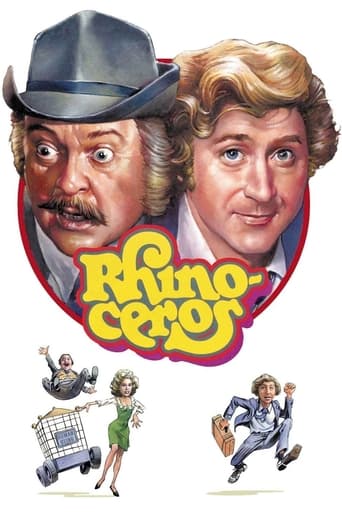


Rhinoceros
A boozing young man in love with his co-worker finds that everyone around him, even his pompous and condescending best friend, is changing into a rhinoceros.
-
- Cast:
- Gene Wilder , Zero Mostel , Karen Black , Joe Silver , Robert Weil , Marilyn Chris , Percy Rodriguez


Similar titles
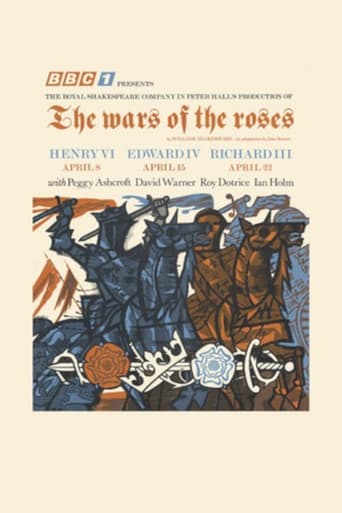
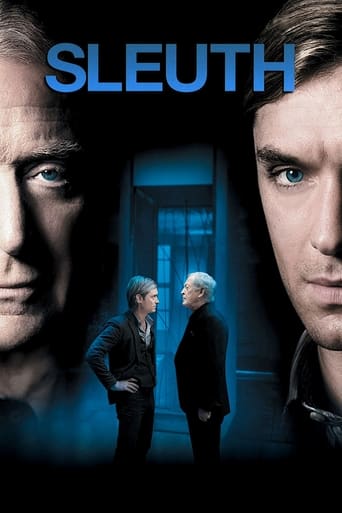
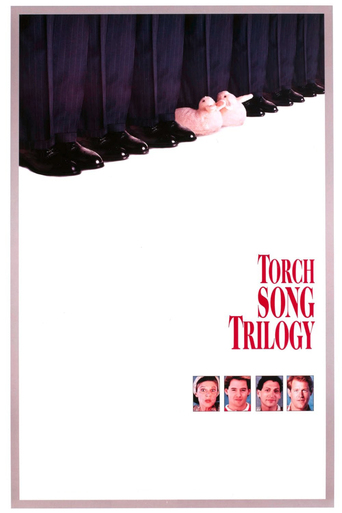
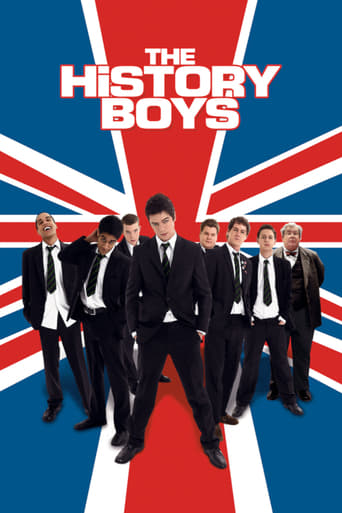
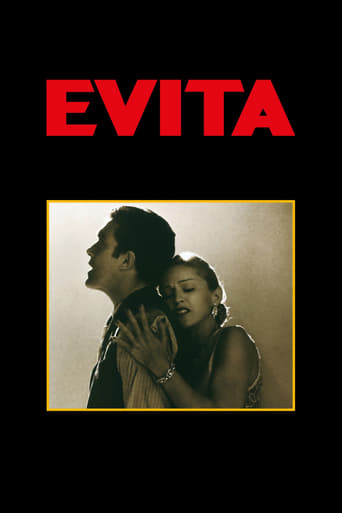
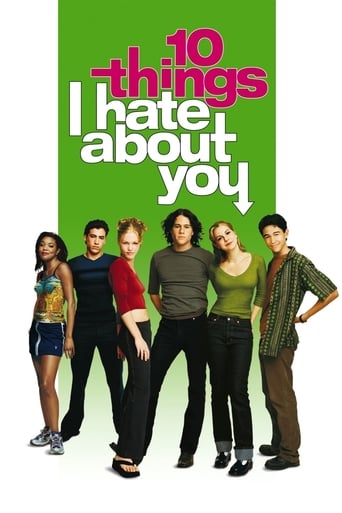

Reviews
Most undeservingly overhyped movie of all time??
Excellent characters with emotional depth. My wife, daughter and granddaughter all enjoyed it...and me, too! Very good movie! You won't be disappointed.
This movie feels like it was made purely to piss off people who want good shows
One of the best movies of the year! Incredible from the beginning to the end.
A hungover Stanley (Gene Wilder) meets his pompous and condescending best friend, John (Zero Mostel), at a restaurant. John's inevitable criticisms about Stanley's drinking and dishevelment are interrupted by a rhinoceros charging through the street outside. This provides the staff and the patrons some amusement until the creature charges through the restaurant and destroys everything. At the office, Stanley arrives late as the boss and the other workers are having an argument about the absurd news reports regarding these animals. The attractive but not overly bright Daisy (Karen Black) insists she saw the rhinoceros with her own eyes. Stanley says the same thing, but it's not until a coworker on the street below changes into a rhinoceros before their eyes that they grasp the importance, and absurdity, of what is happening. Soon, everyone is becoming a rhinoceros, and Stanley is feeling the pressure to conform."What you are about to see," reads the introductory title card, "could never take place. Several eminent scientists have assured us of this fact, for, as they are quick to point out... the world is flat."Are they? That dismal attempt at irony is an omen for the rest of the movie. Whatever value Eugène Ionesco's absurdist play may have had on stage, this film adaptation is a leaden allegory, filled with room-wrecking slapstick, that is exhausting, exasperating and tedious. Zero Mostel, who won a Tony for playing the same role on Broadway in 1961, has a transformation scene that is fascinating for its sweaty excess, but his antics can be better appreciated in "The Producers" (1968) in which he and Gene Wilder are actually funny. In this film, the two play off each other just as well, but it doesn't come to much.No rhinoceroses appear, which might sound like admirable restraint (if not an impoverished budget), but the movie already opened up the play considerably and added a dream sequence and a lot of Keystone Comedy antics. Not showing us rhinoceroses just seems irritatingly coy.
I saw this movie on TV when I was a child. That was my parents' mistake. I found Willy Wonka and the Chocolate Factory disturbing as a child, so deciding I wanted to see Rhinoceros because Gene Wilder was in it was plain wrong.The whole thing seemed like a horror movie to me at the time. Having found it confusing to fit in with other people, maybe the movie spoke most directly to me. I have had a horror most of my life of blind conformity. Nevertheless, it was the stuff of nightmares at the time. My clearest memories of it are of Zero Mostel's transformation (the horror of finding one of the last hold-outs was lost) and seeing Gene Wilder huddling against a building out on a ledge high above a writhing mass of rhinos... I confess, I don't know whether that was really in it, just that if there were so few actual rhinos seen in it, as other reviewers suggested, my childish imagination must have filled them in. I would call that effective film-making... giving the mind what it needed to perceive the vision.From the sound of things, this is a movie I should see as an adult to see whether it tends more to be horrifying or funny. Not much of a review, I admit.
I loved this film. I was trying to find it to buy it, just for the scene between Wilder and Mostel, priceless. I laughed so hard mostly because of how brilliant Mostel was at portraying his transformation. I told my children about this film and they wanted to see it. I recall reading once that Wilder himself, didn't like the film but I don't have his perspective. The tension between Mostel and Wilder in that particular transformation scene is palpable, Wilder's reactions, Mostel's intensity, I laugh at just recalling this scene. I don't recall much else about the film except this particular scene. I highly recommend this film to all Wilder and Mostel fans.
The Theatre-Of-The-Absurd was a style of experimental play-scripting that was practised in the '50s and '60s by playwrights like Samuel Beckett, Arthur Adamov, Jean Genet and Eugene Ionesco. When first devised, the Theatre-Of-The-Absurd movement was rather unpopular because audiences were left bewildered by the intentionally illogical and plot less story lines. A particular rule of absurdist plays is that they have no dramatic conflict, instead dealing with logically impossible situations and having the characters speak about irrational things as if they are perfectly rational. Also, the main character in an absurdist play is usually significantly out of key with everyone and everything around him. Eugene Ionesco's "Rhinoceros" is one of the most famous of all the absurd plays. This film version is set in urban America and is a deliberately subversive, surreal experience with strong comic performances. It is not, however, as multi-layered as the original play (which was set in France and had strong political and historical connotations about the Nazi occupation). This presentation of Rhinoceros is mainly a story about conformity and, in particular, those rare few who refuse to conform.Depressed, bored accountant Stanley (Gene Wilder) spends his week-days crunching numbers and his weekends drinking himself into a haze. His friend John (Zero Mostel) disapproves, but still meets Stanley every Sunday lunchtime to talk to him about the error of his ways. One particular Sunday, their lunch is interrupted when a stampeding rhinoceros charges down the street outside the restaurant. Soon, more and more rhinoceroses are sighted in town and Stanley gradually begins to realise that the entire population is turning into these huge pachyderms. More alarming still is that everyone that Stanley counts on to "remain" human seems to be switching to rhinoceros form too - his work colleagues (Joe Silver, Robert Weil, Percy Rodriguez), his dream girl Daisy (Karen Black), and even his best friend John. Stanley is determined not to conform, but as the human numbers dwindle and the rhinoceros population soars, will he be able to resist?One of the main problems with this film version of Rhinoceros is that it doesn't use the possibilities of film to "open-up" the constraints of its stage-bound play origins. For instance, during the scene where Mostel's character transforms into a rhinoceros, Wilder keeps commenting on the bump appearing on his forehead and the greyness of his skin, but there's no bump or greyness visible. Here was an opportunity to use the visual advantages that film has over the theatre stage, but it remains an unused opportunity. In fact, at all points the film refuses to become cinematic and constantly has a feel of "filmed theatre" about it. However, in other ways Rhinoceros is quite well done and credit needs to be given where it is due (Maltin rated this film BOMB, which shows how wide of the mark Maltin is prone to be). Wilder and Mostel interact brilliantly, relishing the play's enigmatic and often self-contradictory dialogue. Mostel's transformation sequence - done without make-up or visual effects, as noted earlier - is almost compensated by the sheer outrageous energy that Mostel invests in it. And, by removing the historical and political subtext of the original play, I think they've actually made it more timeless by focusing more on the themes of conformity (after all, don't we all relate to how it feels to spend our lives conforming, losing more and more of the animal-like freedom that was a characteristic of primitive man?) Transforming into a rhinoceros could be viewed as a metaphor for any type of conformity - doing drugs because all your peers do them; being promiscuous because it's the norm; voting for a particular political party because everyone else on your street is in favour of that party; etc.Not a complete success, then, but definitely a worthwhile and thought-provoking piece of cinema.
